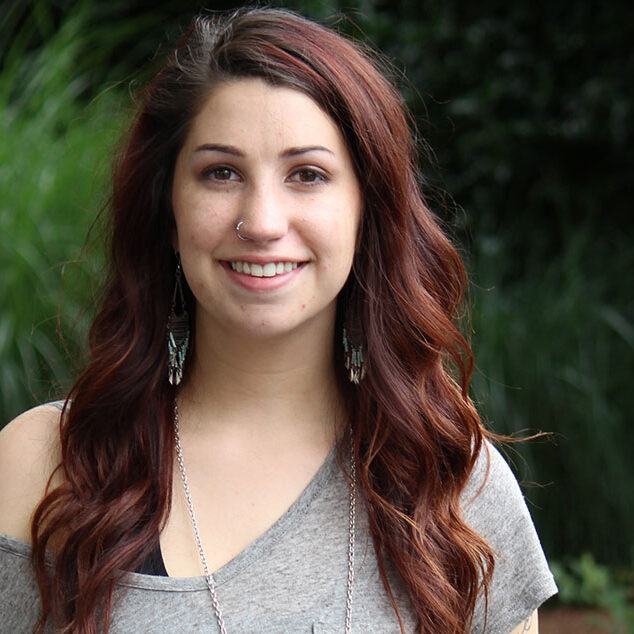How We Treat Co-Occurring Substance Use Through Dual Diagnosis
Although mental illness does not cause substance abuse disorders, people with a mental health disorder are at a greater risk of developing a substance abuse disorder and vice-versa. Frequently a person will experience both of these illnesses at the same time, and the overlap of symptoms can make a clear diagnosis difficult.
We work with clients all along the continuum of substance use and substance abuse disorders. We don’t require people to refer to themselves as addicts or alcoholics. Some clients choose to live a life of sobriety after treatment, and others agree to sobriety during treatment but do not plan to abstain from alcohol or substance use long-term. Our treatment teams asks that our clients be open and honest about their substance use so we can make an accurate clinical assessment and give them the best tools for managing mood, anxiety, and thought problems.
Some clients will be assigned to our dual diagnosis recovery community and will participate in daily core groups focused on sobriety. Other clients, while not assigned to the dual diagnosis program, will be encouraged to participate in dual recovery groups throughout the week as part of their individualized treatment plans.
Skyland Trail does not offer dual diagnosis treatment programs for adolescents at this time.
Adults with SUBSTANCE USE DISORDERS
18 AND OLDER
What type of behavioral health program do you need?
The dual diagnosis program at Skyland Trail is designed to treat clients with a primary mood or thought disorder who have a co-occurring substance misuse issue. It is not appropriate for individuals with a primary substance use disorder.
Skyland Trail is not a detoxification facility. Potential clients who are in danger of withdrawal may be referred to a formal detox or rehabilitation facility for treatment prior to further consideration of treatment at Skyland Trail. Detoxification is a period of time during which the body is allowed to cleanse itself of alcohol or drugs. Detoxification should take place under close medical supervision, typically as an in-patient in a hospital.
When you contact Skyland Trail, your admissions counselor will work with our psychiatry team to assess your treatment needs. We want to ensure that each person admitted to Skyland Trail can be supported safely and benefit from our therapeutic environment.

"I was severely depressed and was trying to deal with a lot of overwhelming emotions. My substance use went off the charts. My parents came to me, and my mom said she was scared she was going to be planning my funeral. I told her that I needed help, and we started looking. We found Skyland Trail."
What is Dual Diagnosis?
Research indicates that for people with co-occurring mental illness and substance misuse, treating both problems at the same time is most effective. The dual diagnosis program at Skyland Trail helps our clients treat both health issues at once.
Each client in the dual diagnosis program has a consistent daily group focused on their psychiatric symptoms. We call this a recovery community, and each client is assigned to the CBT, DBT, cognition and first episode, or social integration recovery community. Clients meet in a daily core group to address common challenges and goals.
Clients in the dual diagnosis program also are assigned to an additional recovery community. Clients in the dual diagnosis recovery community meet in an additional daily group focused on understanding the addictive process, managing cravings, utilizing community supports and preventing relapse.
Individual work with a primary counselor and a psychiatrist is based on a client's self-defined goals and addresses both psychiatric and substance use challenges.
Recovery is not just about "giving things up." It is also about constructing a life that supports health and happiness in a sustainable way.
